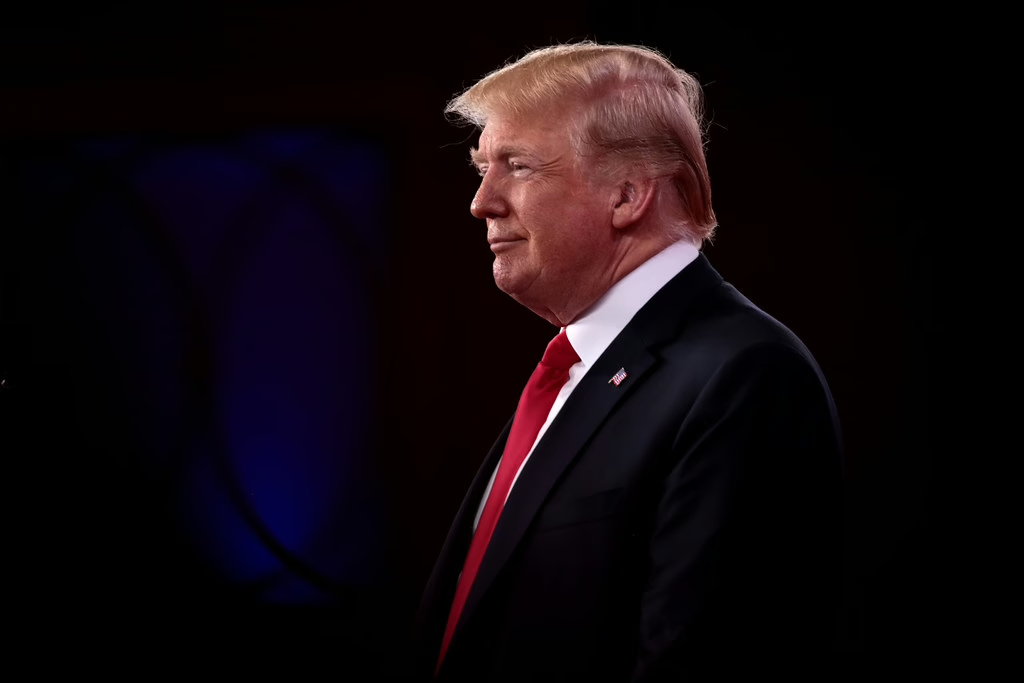Legislating is hard, and in the last few decades it’s gotten a lot harder. In addition to managing the budget, foreign conflicts, welfare programs, and a whole slew of other issues, Congress is now also tasked with regulating the constantly evolving digital sphere, fighting misinformation, and controlling a financial industry representatives don’t necessarily understand. In a much-lampooned hearing with Mark Zuckerberg of Facebook, Senators asked questions like “Is Twitter the same as what you do?” and “How do you sustain a business model in which users don’t pay for your service?” (answer: ads.) Congress is in an expertise crisis, and it’s only getting worse. While the world was getting more complex, Congressional offices were becoming less experienced.
Congressional offices haven’t just failed to grow with the legislative docket, they’ve shrunk. In the late 1970s, House offices employed about 8,500 to 9,000 staff and continued to grow into the late 1980s. By 2015, budget cuts led the House to shed thousands of jobs, employing only about 7,500 people.
Those budget cuts didn’t just force out around 20 percent of the workforce, they changed the composition of House staff. The salary cap in Congress declined in inflation-adjusted terms from about $190,000 in 2001 to $168,000 in 2016, damaging representatives’ ability to recruit experienced employees. For junior staff, things aren’t much better. Taking into account cost of living increases in DC, median pay for most positions has declined by more than 20 percent over the last two decades.
Without reasonable compensation, House offices function as a waypoint for young professionals bound to move on to more lucrative work in just a few years. According to a report from New America, the majority of Congressional staffers working on policy portfolios have one or two years of experience working at the Capitol. The average staffer leaves for a new job in just three years, and almost one in two staffers say they plan on leaving their job by the time their representative’s current term ends. Working on policy for Congressional representatives isn’t a career, it’s a few-year gig.
All the while, Congressional priorities have changed. Cable news channels, social media, and the advent of insider Politico-style coverage have combined to shift the incentives for representatives away from passing legislation and toward managing communications. According to Molly E. Reynolds of the Brookings Institute, “Prior to 1977, none of the employees in Senate leadership offices were primarily responsible for public relations. By 2015, nearly half of the Senate’s leadership staffers were doing communications work.”
The cumulative effect of these changes is that Congressional staffers are on average younger, less experienced, more likely to quit their jobs, and more likely to be focused on communications rather than actually legislating. At the exact moment our crises demanded an influx of expertise, Congressional offices have been hemorrhaging qualified staff.
Since new regulations are necessary but representatives’ offices don’t have the capacity to write them, they turn to lobbyists. Special interests groups write model bills and supply them to Congress members and state representatives across the country, persuading them to support and sponsor the legislation. Speaking with USA Today, Allison Anderman of the gun control lobbying group the Giffords Law Center said “This is how all laws are written.” Congress doesn’t have the capacity to produce bills itself, so they outsource it to well-endowed private entities. In 2019, the lobbying industry grew to a record $3.5 billion, largely backed by corporations seeking favorable regulations. Needless to say, this represents a significant cost to the average citizen as it leads to countless tax breaks and overly permissive policies for corporations.
American democracy is in crisis with a terrifying three in five Americans dissatisfied with how it’s working. Unfortunately, we’re not going to fix misinformation, end election denialism, or move past the culture wars anytime soon. But we can make Congress members more capable of doing their job: legislating on behalf of their constituents. After a decades-long experiment in underfunding Congressional offices, it’s time to expand their budgets and make sure that democracy can deliver for voters without having to rely on special interests to write bills.






